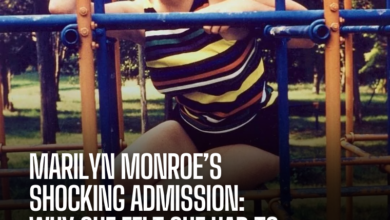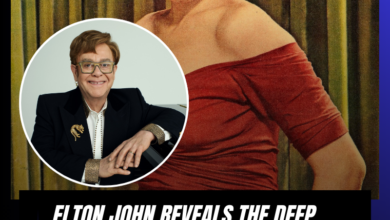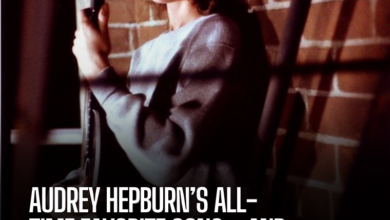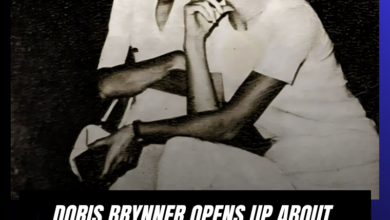Sylvester Stallone Fought Hollywood for 12 Years to Make Rocky Balboa—Here’s Why It Almost Didn’t Happen
OPINION: This article may contain commentary which reflects the author's opinion.
Sylvester Stallone is no stranger to battles, but his toughest one wasn’t in the boxing ring—it was behind the scenes. When Stallone set out to make Rocky Balboa in 2006, he faced overwhelming skepticism from Hollywood. The sixth installment of the Rocky franchise had one of the most difficult paths to production, and for Stallone, it remains the ultimate challenge of his career.
The Uphill Climb
After the lukewarm reception of Rocky V in 1990, few believed there was room for another installment. The notion of a nearly 60-year-old Stallone stepping back into the ring seemed laughable to many. Studio executives dismissed the idea outright, branding it as a joke and questioning whether audiences would care about an aging fighter’s comeback.
“No one wanted to make it,” Stallone revealed in a candid Instagram post. “Absolutely no one. It was considered a joke. But in my heart, I loved the idea.”
For more than a decade, Stallone fought to prove the naysayers wrong. The project was rejected countless times, and even those who had previously worked on the franchise wanted nothing to do with it. Yet Stallone remained steadfast, viewing the film not just as a return to his beloved character but as a personal statement.
“It took over 12 years to make happen,” Stallone explained. “I pushed that boulder uphill for 12 long years against overwhelming negativity until it finally happened… almost by accident.”
A Triumphant Underdog Story
When Rocky Balboa finally hit theaters, it was nothing short of a triumph. The film grossed over $155 million worldwide, far surpassing expectations. Critics and audiences embraced it, with Rotten Tomatoes showing a 77% approval rating from critics and a 76% score from audiences. It became the third most successful film in the Rocky series, cementing Stallone’s vision as more than just a nostalgia piece—it was a heartfelt ode to resilience and second chances.
Beyond the numbers, Rocky Balboa served as the crucial spark that reignited the franchise. Its success paved the way for Creed and its sequels, introducing a new generation to the Rocky legacy. Without Rocky Balboa, Michael B. Jordan’s Adonis Creed might never have stepped into the spotlight.
“Keep Punching”
Stallone’s story is a testament to perseverance. His refusal to give up on Rocky Balboa echoes the very theme of the series: it’s not about how hard you can hit, but how hard you can get hit and keep moving forward. Stallone’s tenacity didn’t just revive his career; it breathed new life into a franchise that had all but faded.
As Stallone reflected, “If I’m going to go out, I want to go out making this movie.” And make it he did, turning what many called an impossible dream into one of his most memorable triumphs. Rocky Balboa wasn’t just another sequel—it was Stallone’s greatest victory, both as an artist and as a fighter in Hollywood’s toughest arena.



